Last week’s White House announcement that it was pausing new permits for exports of liquefied natural gas, or LNG, is a desperate move by a desperate president. Its principal beneficiaries are likely to be Vladimir Putin and Hamas-harboring Qatar, rather than Joe Biden’s faltering re-election campaign. The president’s political calculation is overt. “We will heed the calls of young people and frontline communities who are using who are using their voices to demand action,” Biden says. “The pause on new LNG approvals sees the climate crisis for what it is: the existential threat of our time.”
From a national security perspective, the pause is extraordinarily damaging. Indeed, the White House acknowledges that there could be adverse implications for national security from restricting LNG exports, as the pause provides for an exception for “unanticipated and immediate national security emergencies.”
As the White House hoped, the response from climate activists was little short of ecstatic. “The Biden administration is listening to the calls to break America’s reliance on dirty fossil fuels,” the Sierra Club’s Ben Jealous said. “If we want to enhance energy security, create jobs, and prevent environmental injustice, we should be making investments in cheaper, readily available renewable energy,” Al Gore posted on X. Natural gas exports “pollute more than coal,” Senator Elizabeth Warren claimed, backed up by fellow senator, Oregon’s Jeff Merkley, who also said LNG exports are worse than coal.
All these comments overlook an obvious fact: American exports of LNG are made to meet overseas demand. Building more windmills in America, as Al Gore suggests, has no impact on European demand for natural gas to power their grids when there isn’t enough wind. The point is so basic it doesn’t need a pause to figure it out. If American producers of natural gas are prevented from meeting European demand, it doesn’t mean their demand magically disappears. It means they’ll import more gas from other suppliers, such as Qatar. Insofar as restricting US exports of natural gas drives up world prices, it benefits producers such as Russia’s Gazprom.
On CNBC, energy secretary Jennifer Granholm attempted to justify the pause on the grounds that the last assessment was in 2018, since when LNG exports have soared. Never mind that since 2018, war has broken out in central Europe and America’s European allies have been desperately seeking to end their dependence on imported Russian gas.
In 2019, Russia piped around 16 billion cubic feet per day (bcf/d) of natural gas. Last year, American exports of natural gas ran at just under 12 bcf/d, around two thirds of which was exported to Europe. Despite the huge increase in US LNG exports, they have not been sufficient to free Europe from importing Russian gas.
According to the president of Eurogas trade body, James Watson, there is still nearly 5 bcf/d of Russian gas that Europe would like to replace before the end of the decade, “so new US LNG will still be needed,” Watson says. “Of course, once the election is over we expect the LNG export licenses should once again be granted.” Someone is being duped. Eurogas president Didier Holleaux goes further. It is essential that the US stands with Europe at a time of war, Holleaux argues, and does not “deliberately” spark new period of price volatility by policy-driven LNG shortages. With shipments of Qatari LNG threatened by Houthi drones and missiles, the timing of Biden’s LNG pause could hardly have been worse in terms of transatlantic solidarity.
It took too long, but Europeans learned the hard way that Putin deploys Russian gas supplies to Europe as an instrument of geopolitics, something the Soviet Union never did throughout the years of the Cold War. At the beginning of 2009, Putin abruptly reduced Russian exports of natural gas to Ukraine and Europe. “It is the cut-off that everyone remembers and that has shaped behavior ever since,” Thane Gustafson wrote in his 2020 book The Bridge. In 2022, Putin drastically reduced gas supplies in an attempt to soften up European resolve to support for Ukraine. Two years later, Biden’s response is his LNG pause.
In the near quarter of a century that Putin has been in power, the West has had only one leader who had an understanding of the strategic importance of energy to match Putin’s. Donald Trump’s doctrine of American energy dominance marked a clean break from previous administrations in recognizing the economic and strategic potential of America’s vast reserves of hydrocarbon energy. “We will embrace America’s energy dominance because unleashing abundant energy resources stimulates our economy,” Trump’s December 2017 National Security Strategy stated. “The United States will help our allies and partners become more resilient against those that use energy to coerce.”
Trump understood the energy threats to America’s allies. Biden ignores those threats and undermines America’s allies. There could hardly be a clearer contrast between Trump’s energy dominance and Biden’s energy isolationism.



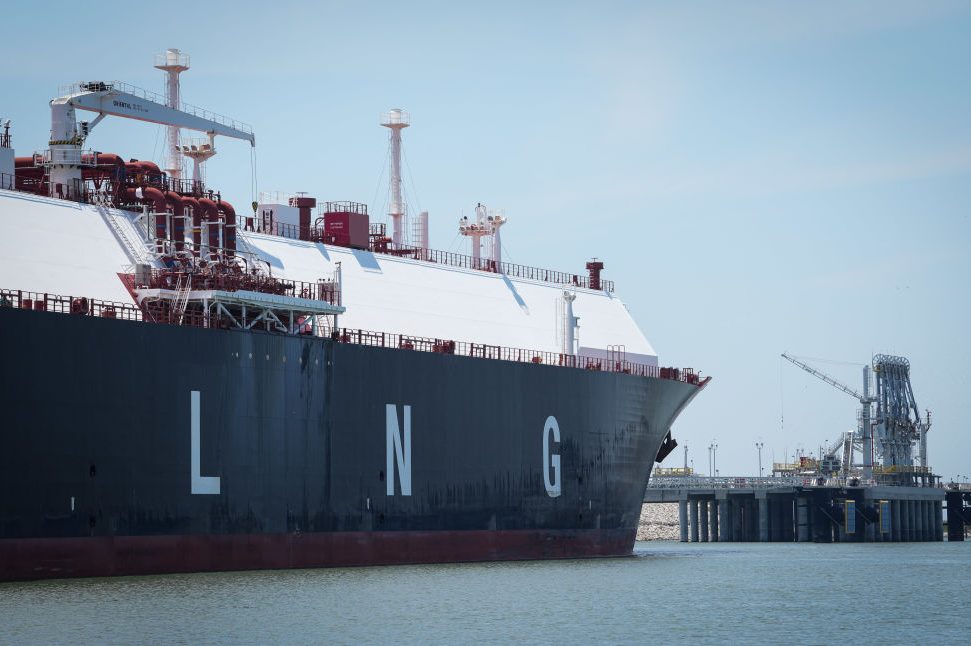






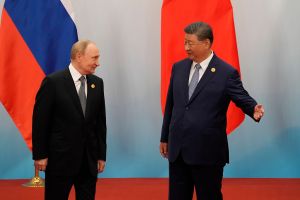

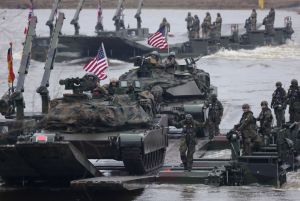

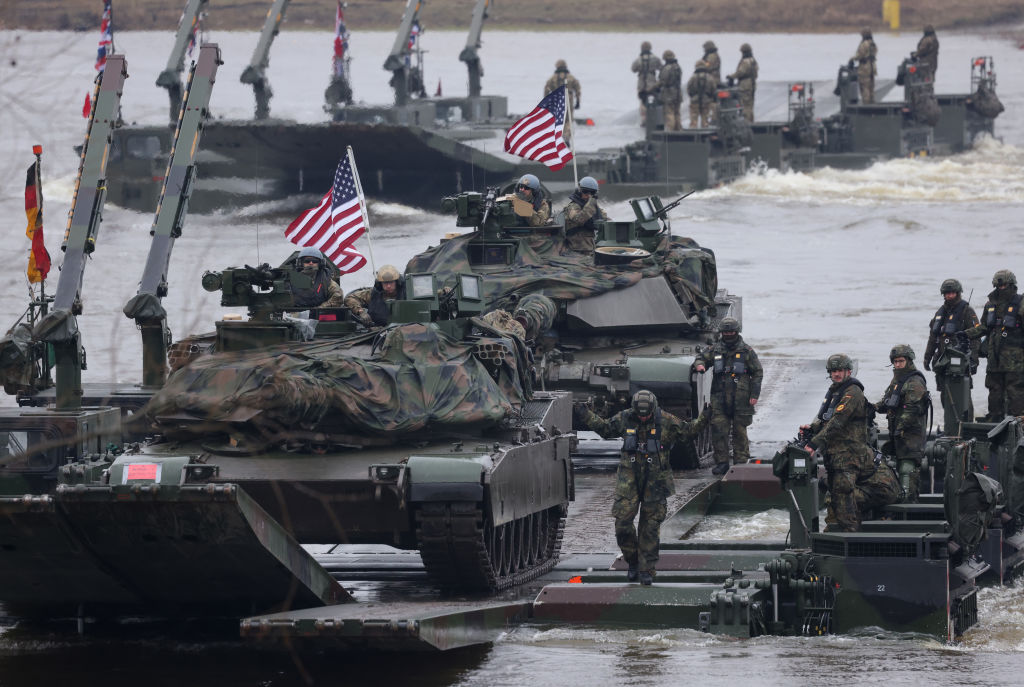
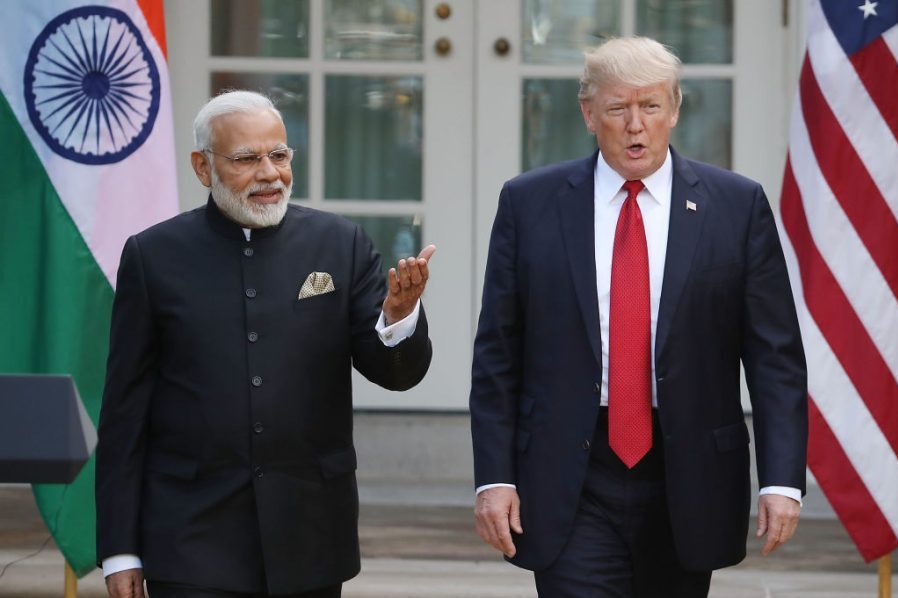

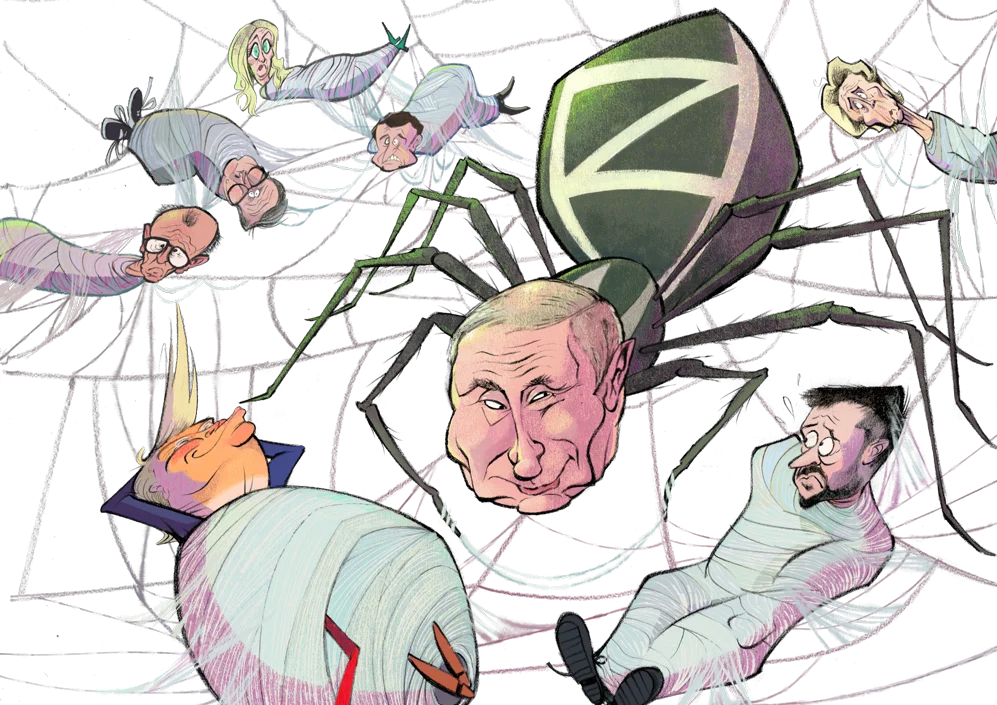
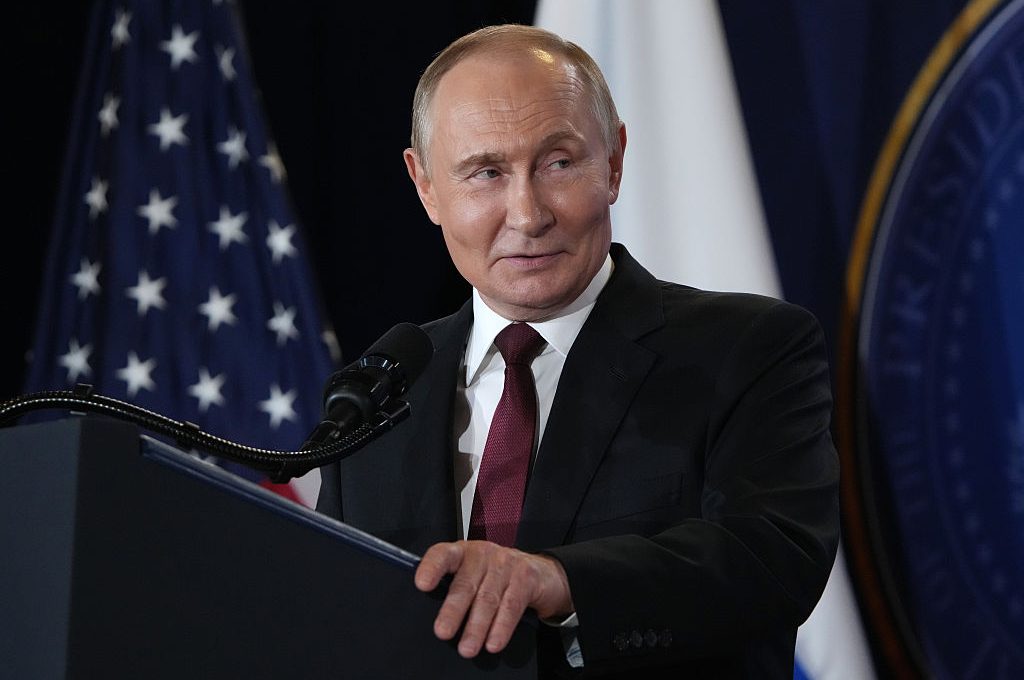







Leave a Reply